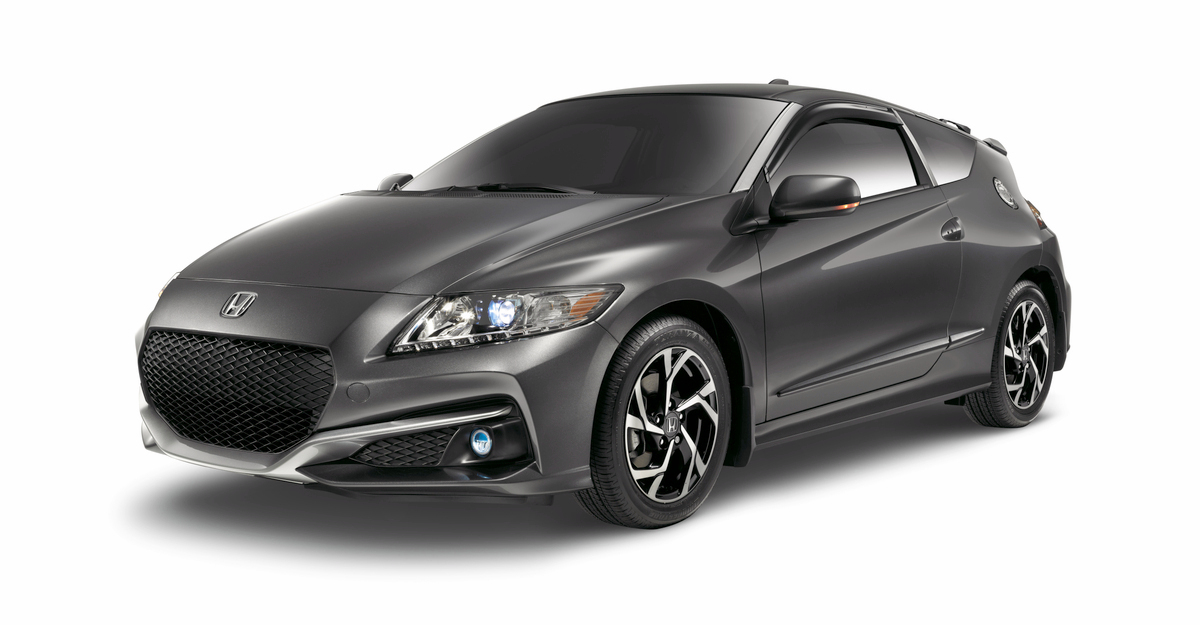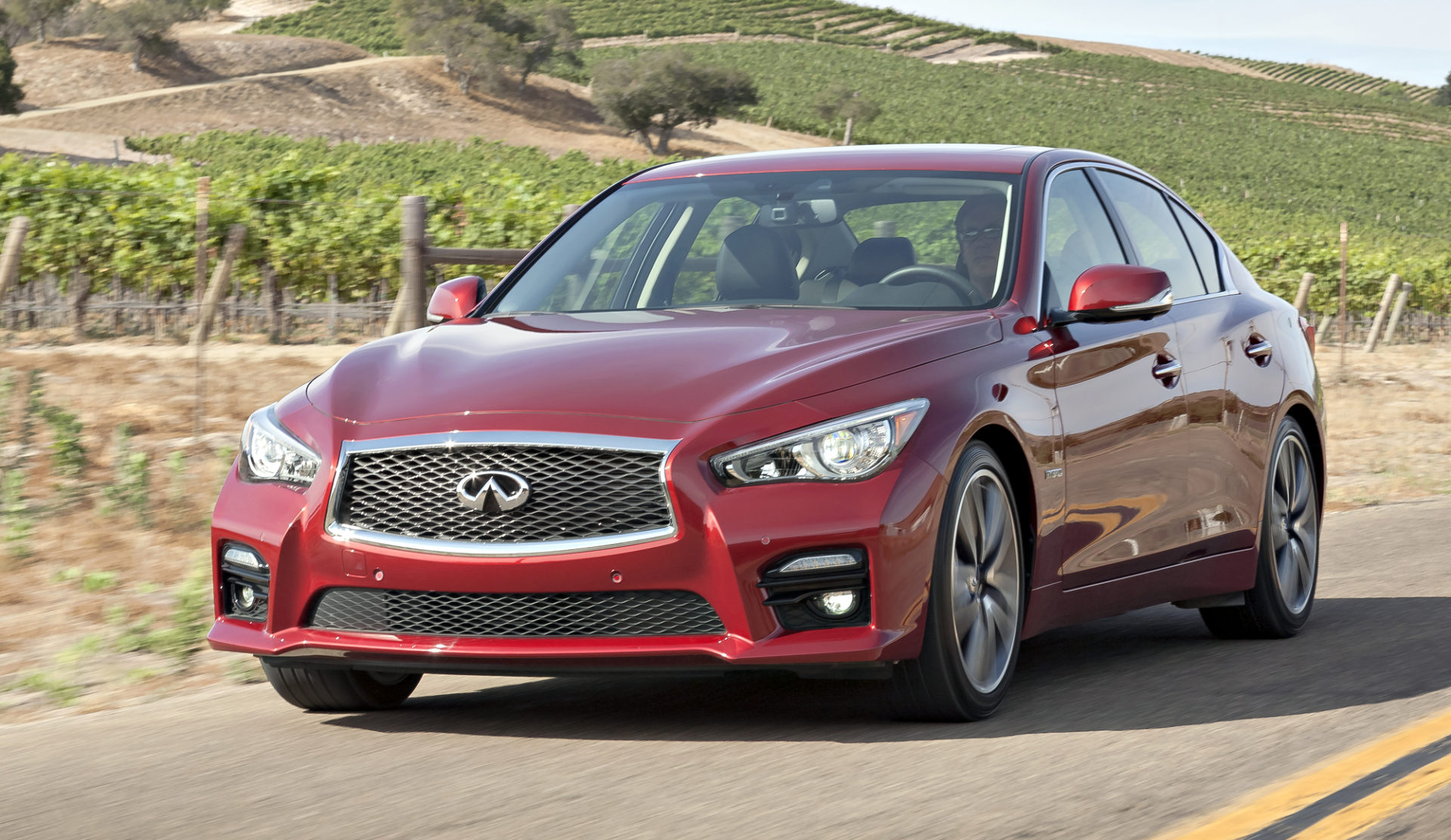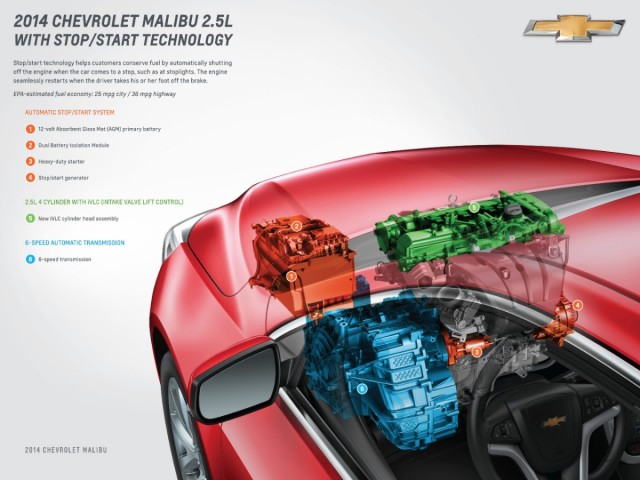Comparison Road Test: 2014 Mitsubishi AWD Choice: Compact Crossover or Compact Sedan
OK, what’s your favorite compact-vehicle flavor, crossover sport utility or four-door sedan? Mitsubishi offers both with all-wheel drive. We tallied a little more than 700 miles between the two vehicles, and the Outback Sport averaged 31.5 mpg while the Lancer registered 30.3 mpg. In our book, that makes them both eligible for inclusion in our Clean Fleet Report All-Wheel Drive 30 mpg Club.




